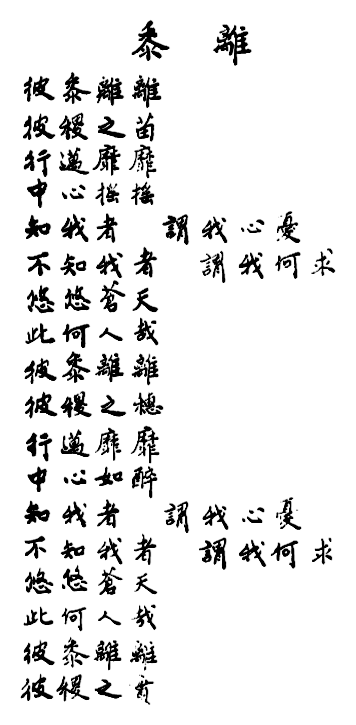Dear Friends,
Today is the 100th anniversary of the Triangle Shirtwaist Factory Fire in New York City, a horrific illustration of the conditions immigrant workers endured — and continue to endure — in garment industry sweatshops.
It’s a piece of news that I first learned from a poem, many years ago. Robert Pinsky weaves this bit of history into his ode to the shirt, from his 1990 collection The Want Bone.
It’s nearly that time of year again — National Poetry Month is just around the corner — so I thought I’d send you this little appetizer, because today is the anniversary, and also so that you can let me know before next week if you’d like to be on the poem-a-day list this year. And if you have any friends or family who would like to be added (or removed), please send them my way!
I will send out one poem each day from April 1-30. No prior poetry experience is necessary to participate! Enthusiasm, ability to read (mostly English), and access to email are the main prerequisites.
So, if you have a minute, take in “Shirt.” And then take a minute to take in your own shirt, whatever you happen to be wearing right now — try to figure out how many cuts of fabric were sewed together to make it, how many buttons, how many stitches; if you don’t already know what it says, take a minute to read your shirt’s tag, the whole tag; think of words you’d use to describe its color, texture, size or fit. Put yourself in Pinsky’s sleaves for a minute, and imagine the moment you realized you were wearing a poem.
To learn more about National Poetry Month, visit www.poets.org, the website of the Academy of American Poets.
You can also read more about the Triangle Factory Fire here.
Shirt
The back, the yoke, the yardage. Lapped seams,
The nearly invisible stitches along the collar
Turned in a sweatshop by Koreans or Malaysians
Gossiping over tea and noodles on their break
Or talking money or politics while one fitted
This armpiece with its overseam to the band
Of cuff I button at my wrist. The presser, the cutter,
The wringer, the mangle. The needle, the union,
The treadle, the bobbin. The code. The infamous blaze
At the Triangle Factory in nineteen-eleven.
One hundred and forty-six died in the flames
On the ninth floor, no hydrants, no fire escapes—
The witness in a building across the street
Who watched how a young man helped a girl to step
Up to the windowsill, then held her out
Away from the masonry wall and let her drop.
And then another. As if he were helping them up
To enter a streetcar, and not eternity.
A third before he dropped her put her arms
Around his neck and kissed him. Then he held
Her into space, and dropped her. Almost at once
He stepped to the sill himself, his jacket flared
And fluttered up from his shirt as he came down,
Air filling up the legs of his gray trousers—
Like Hart Crane’s Bedlamite, “shrill shirt ballooning.”
Wonderful how the pattern matches perfectly
Across the placket and over the twin bar-tacked
Corners of both pockets, like a strict rhyme
Or a major chord. Prints, plaids, checks,
Houndstooth, Tattersall, Madras. The clan tartans
Invented by mill-owners inspired by the hoax of Ossian,
To control their savage Scottish workers, tamed
By a fabricated heraldry: MacGregor,
Bailey, MacMartin. The kilt, devised for workers
To wear among the dusty clattering looms.
Weavers, carders, spinners. The loader,
The docker, the navvy. The planter, the picker, the sorter
Sweating at her machine in a litter of cotton
As slaves in calico headrags sweated in fields:
George Herbert, your descendant is a Black
Lady in South Carolina, her name is Irma
And she inspected my shirt. Its color and fit
And feel and its clean smell have satisfied
Both her and me. We have culled its cost and quality
Down to the buttons of simulated bone,
The buttonholes, the sizing, the facing, the characters
Printed in black on neckband and tail. The shape,
The label, the labor, the color, the shade. The shirt.
